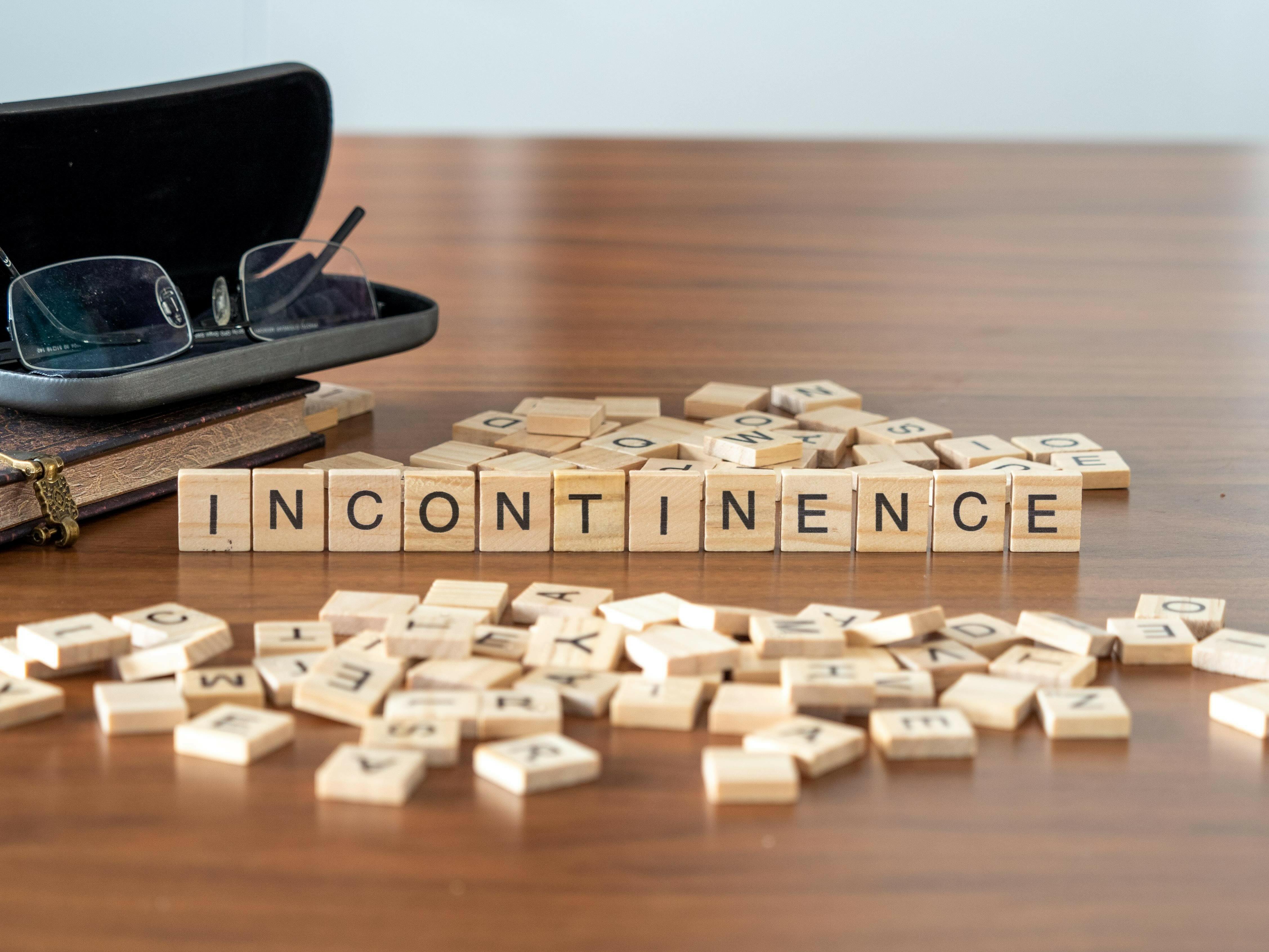Incontinence is common—and treatable. Learn how open conversations and professional support can restore comfort, dignity, and confidence for older adults.

Urinary incontinence is one of the most common—yet least talked about—health challenges older adults face. It affects millions of people, often leading to embarrassment, frustration, and a decline in quality of life. But here’s the truth: incontinence is not a normal part of aging, and it’s not something anyone has to simply “live with.” With the right care and support, incontinence can be managed—and in many cases, improved. Whether you’re experiencing it yourself or caring for an aging loved one who is, understanding the causes and treatment options is the first step toward restoring confidence, dignity, and independence.
Why Older Adults May Not Talk About Incontinence
Unlike common ailments like joint pain or backaches, incontinence often carries a stigma that makes people feel ashamed or isolated. Research shows that many individuals—especially men—delay talking to their doctor for years. In fact, a study by UT Southwestern Medical Center found that 32% of men waited five years or more to seek help.
This silence can lead to unnecessary suffering. Left untreated, incontinence can result in:
The North American Menopause Society notes that many women with incontinence reduce physical activity out of fear, accelerating decline in both physical and cognitive health.
Types of Urinary Incontinence in Seniors
Understanding the different forms of incontinence can help families and care providers find the right treatment plan.
Incontinence Treatments and Management Options
Once the type of incontinence is diagnosed, there are a range of effective treatment strategies available. A personalized approach often leads to the best outcomes. Treatment options include:
How Geriatric Care Managers Can Help
Talking about incontinence can be difficult—but it’s easier with the right support. Geriatric Care Managers (GCMs) are experienced professionals who help families navigate sensitive health issues with empathy and expertise.
A GCM can:
By working with a care manager, families can approach incontinence with the respect and dignity every older adult deserves.
Restore Dignity and Confidence with Expert Incontinence Support
Incontinence doesn’t have to diminish quality of life. With open communication, proper care, and compassionate guidance, your loved one can feel more confident, active, and supported.

